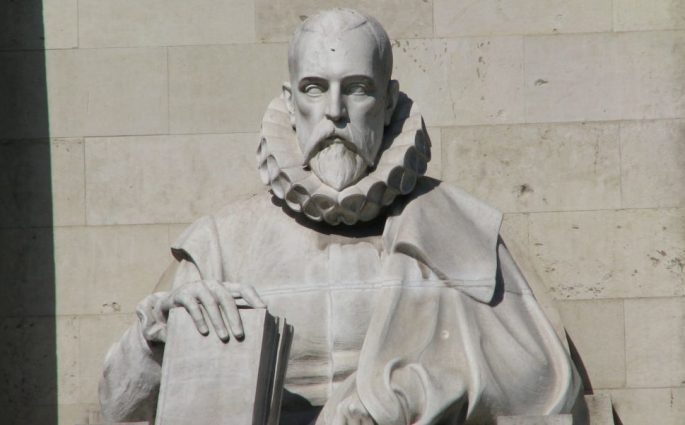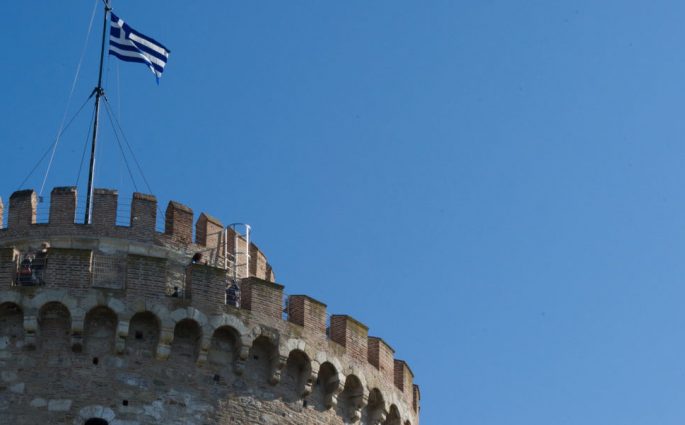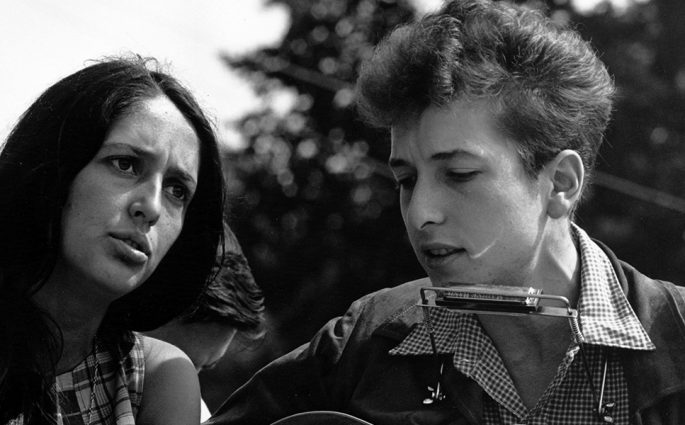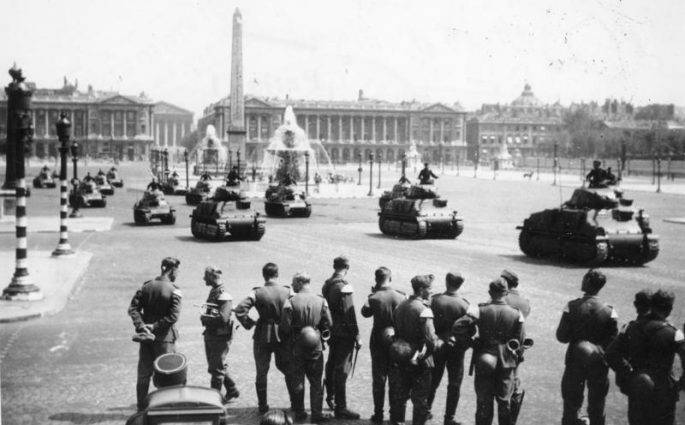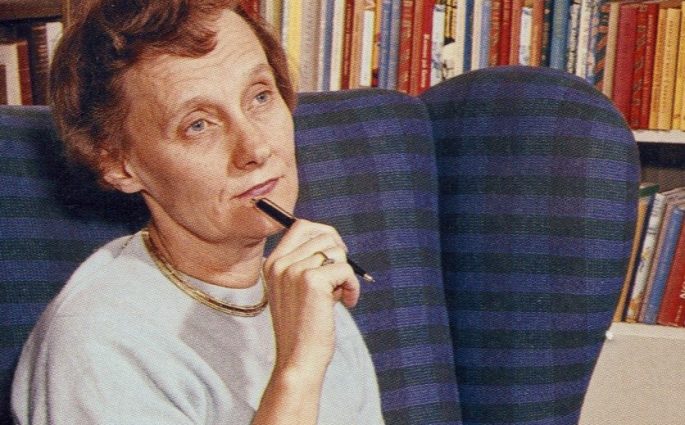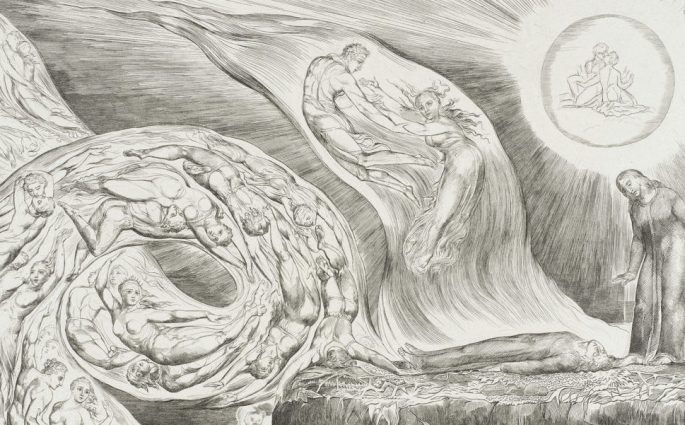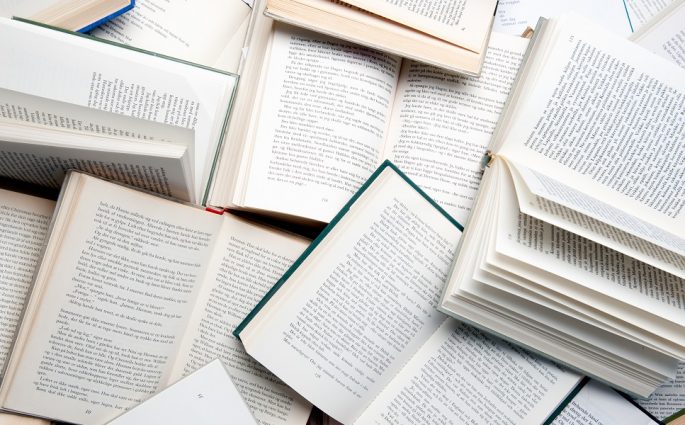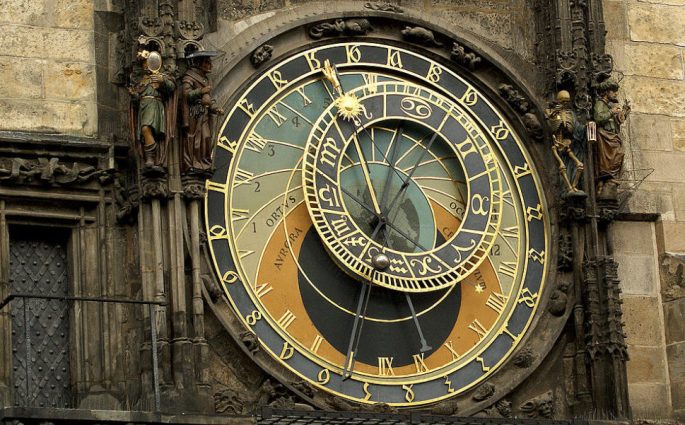The Lesser-Known Works of Miguel de Cervantes
Roberto González Echevarría— Twelve brilliant short novels, packed with compelling plots and fascinating characters, redolent with literary games of the greatest variety and sophistication, were the author of Don Quixote’s response to his suddenly acquired fame. It was a new kind of book, never seen before in the Spanish language,

